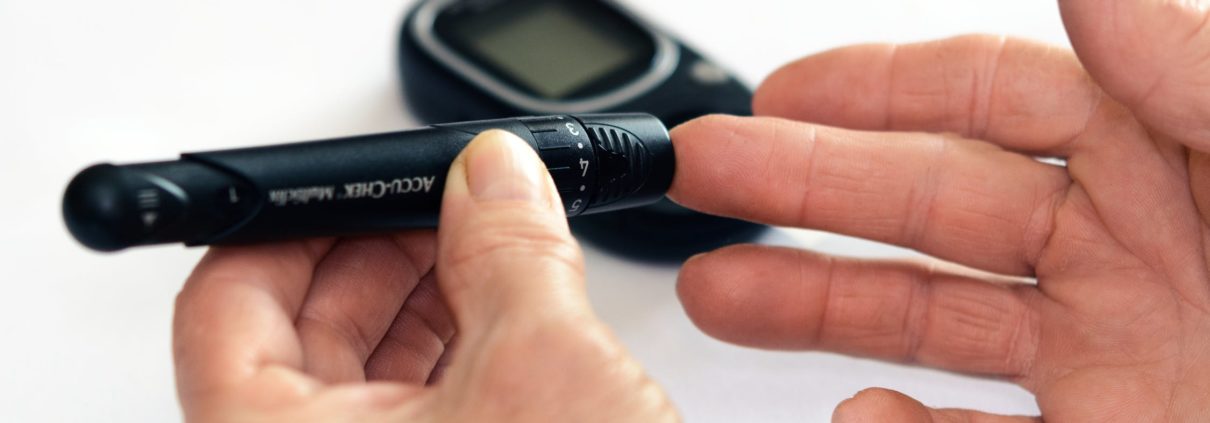Roux-en-Y Gastric Bypass Outperforms GLP-1 Medications in Long-Term Weight Loss
As a board-certified bariatric surgeon, I’ve seen firsthand how life-changing weight loss surgery can be—not just in pounds lost, but in health regained. With the recent surge in popularity of GLP-1 medications like Ozempic and Wegovy, many patients are wondering whether these drugs are a viable alternative to revisional bariatric surgery.
A recent multicenter study helps answer that question—and the results are compelling.
The Study: Surgery vs. Medication After Sleeve Gastrectomy
Researchers examined nearly 5,000 patients who had previously undergone sleeve gastrectomy but experienced insufficient weight loss or weight regain. These patients were divided into two groups:
-
One group underwent conversion to Roux-en-Y gastric bypass.
-
The other initiated GLP-1 receptor agonist therapy (such as semaglutide or tirzepatide).
The results? Those who underwent gastric bypass surgery saw significantly greater and more sustained weight loss at every follow-up interval, from three months to three years.
“Roux-en-Y gastric bypass remains the most powerful and durable solution for patients who experience weight regain or insufficient results after sleeve gastrectomy,” says Dr. Abkin. “Medications can help, but they simply can’t match the long-term outcomes of surgery—especially when it comes to total body weight loss.”
The Numbers Don’t Lie
At the three-year mark, patients who converted to gastric bypass lost 26.1% of their total body weight, compared to just 13.7% for those on GLP-1 medications. And this wasn’t a temporary win—bypass patients outperformed GLP-1 users at every single checkpoint.
| Time Post-Intervention | GLP-1 Therapy | Roux-en-Y Bypass |
|---|---|---|
| 3 months | –9.8% | –14.9% |
| 6 months | –12.5% | –26.7% |
| 1 year | –13.1% | –30.4% |
| 2 years | –13.7% | –29.8% |
| 3 years | –13.7% | –26.1% |
“We’re not just talking about better numbers—we’re talking about real, lasting change that improves patients’ quality of life,” Dr. Abkin emphasizes.
Diabetes Control and Beyond
Interestingly, the study found no significant difference between groups in terms of blood sugar control (as measured by hemoglobin A1c). But when you consider the double-digit advantage in total weight loss, the benefits of surgery for long-term health become even more apparent.
“GLP-1 drugs can support temporary blood sugar regulation, but weight loss remains the most effective and sustainable way to reverse type 2 diabetes,” says Dr. Abkin. “Gastric bypass offers both—without relying on ongoing medication use.”
The Hidden Costs of GLP-1 Medications
Another important consideration is the cost of treatment. While GLP-1 medications can cost upwards of $1,300 per month, studies show that the financial break-even point compared to surgery is around 18 months. And that doesn’t include additional factors like:
-
Complication rates
-
Medication shortages
-
Out-of-pocket costs due to limited insurance coverage
“The cost of surgery may seem significant up front, but when you factor in the long-term savings and the permanence of the solution, it’s an investment in your health that pays off,” Dr. Abkin explains.
The Bottom Line: Why Choose Surgery?
While GLP-1 medications may have a role in treating obesity, they come with limitations—side effects, ongoing cost, and diminishing returns once therapy stops. Meanwhile, Roux-en-Y gastric bypass delivers superior, sustained weight loss, improved metabolic health, and a proven track record of long-term success.
“Medications are a tool,” Dr. Abkin says, “but for patients who want a permanent, transformative solution, bariatric surgery—particularly gastric bypass—remains the gold standard.”
If you’ve had a sleeve gastrectomy and are struggling with weight regain or plateaued progress, let’s talk. You don’t have to settle for temporary fixes. You deserve a lasting solution.
















